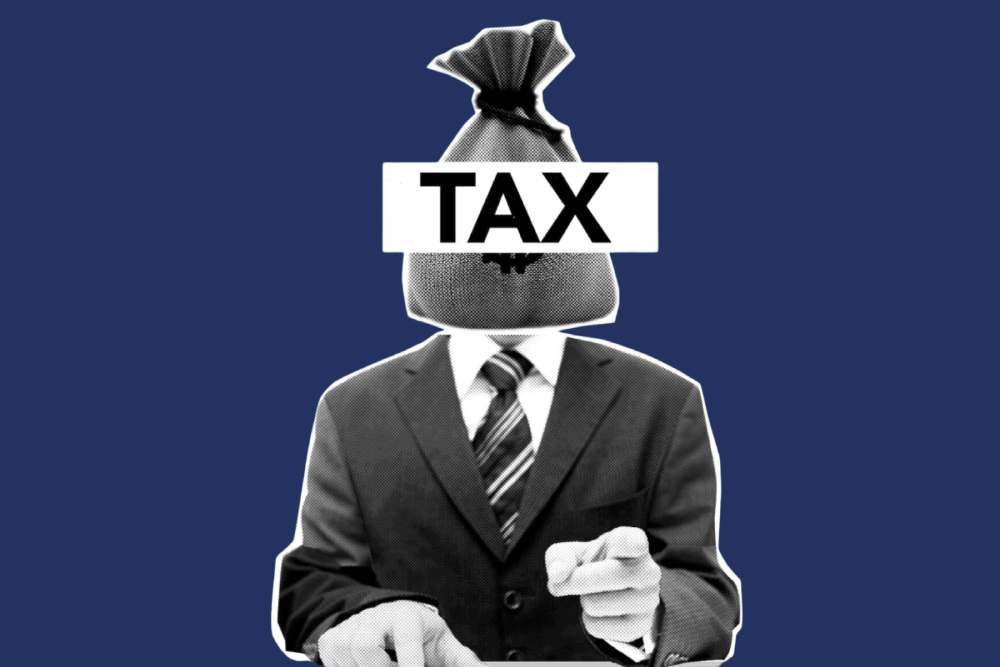Earning over £100,000 is all well and good, but it also triggers specific tax implications that can significantly impact your income. Many individuals find themselves in what is commonly known as the "tax trap," where income tax rates rises to an effective rate of 60%.
In this blog post, we will delve into the details of this situation and explore strategies to mitigate its impact.
What is the Tax Trap?
For every £2 you earn over £100,000, you lose £1 of your personal allowance. Your personal allowance is the amount of income you can earn tax-free (£12,570). When your income surpasses £125,140 (£100,000 + 2 x Personal allowance), you lose your entire personal allowance. This means that for every extra £1,000 you earn beyond £100,000, you are taxed on:
- The additional £1,000.
- Effectively, £500 due to the reduced personal allowance.
The result is that you're taxed at a 40% rate on the combined £1,500, which amounts to £600. So, instead of the expected £1,000, you are left with only £400 after taxes, and this figure doesn't even account for National Insurance and potential student loan deductions. Therefore, striving to earn an extra £25,140 might only leave you with £10,056.
Dividend Tax Implications
If you earn over £100,000 and receive dividends, you face an even higher effective tax rate. Dividend income is subject to different rates, with the top rate being 33.75%. In this case, earning an additional £1,000 through dividends results in an effective tax rate of 50.6%.
Childcare benefits when earning over £100k
Earning over £100,000 also has non-tax consequences, such as the loss of eligibility for the extended scheme of 30 free childcare hours. This can have a significant impact on your family's budget and should be considered when evaluating the true cost of earning over £100,000.
Here are some strategies:
- Personal Pension Contributions: Contributing to your personal pension can help you mitigate the tax trap. Personal pension contributions increase your tax bands, meaning you can retain your personal allowance and extend your tax bands. For example, an £800 pension contribution can save you £400 in tax, effectively costing you just £400 but potentially resulting in a £1,000 boost to your pension fund.
- Employer Contributions: Explore the possibility of your employer making contributions to your pension. This can be an effective way to increase your pension savings and reduce your taxable income.
- Income Splitting: If your income comes in the form of dividends from your company, consider distributing shares to your married partner. They can then receive dividends, and if they have no other dividend income, the initial £1,000 would be taxed at a 0% rate. Even if they earn up to £50,000, the tax rate remains relatively low at 8.75%, which is significantly more favourable than the 50.6% dividend tax rate. They must complete some work in return for the remuneration.
- Charitable Donations: Gifting to charity not only contributes to a worthy cause but also extends your tax bands. This can help you stay within the £100,000 tax threshold.
Earning over £100,000 can be financially rewarding, but it also comes with complex tax implications. The "tax trap" can significantly reduce your take-home income. To address this, consider pension contributions, income splitting, and charitable donations as strategies to optimise your financial situation and minimise the impact of the tax trap. Be proactive in planning for your financial future if you're approaching or within the £100,000 to £125,140 income range.
Stay tuned for more financial strategies in our new blog series!
Need some help?
If you have a specific question or would like some help with tax planning, you can get in touch today using the form below.

.png)


.png)

.png)
.png)

.png)
.png)
.png)













.png)
.png)
.png)

.png)
.png)

.png)



.webp)
.webp)












.jpg)

.webp)
.png)

.svg)
